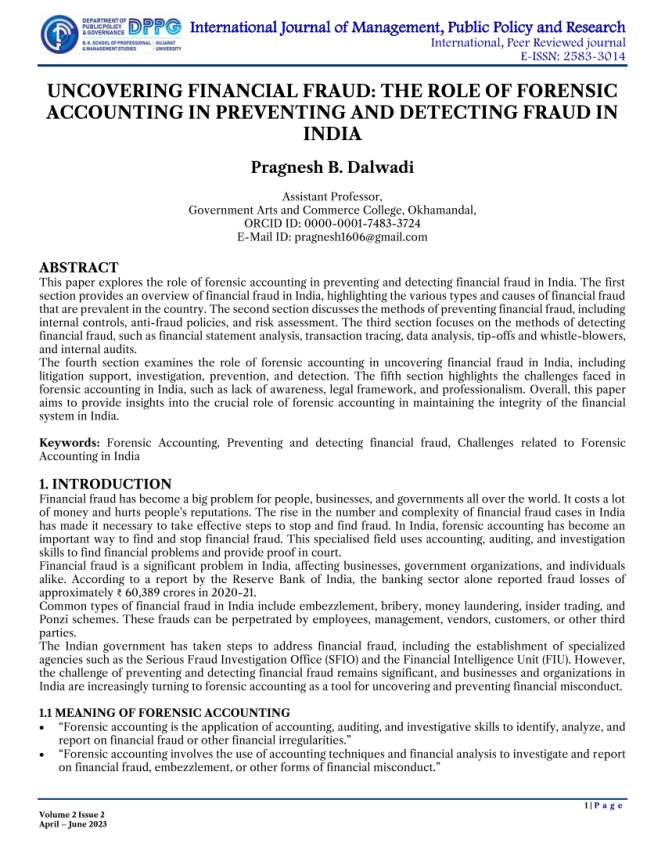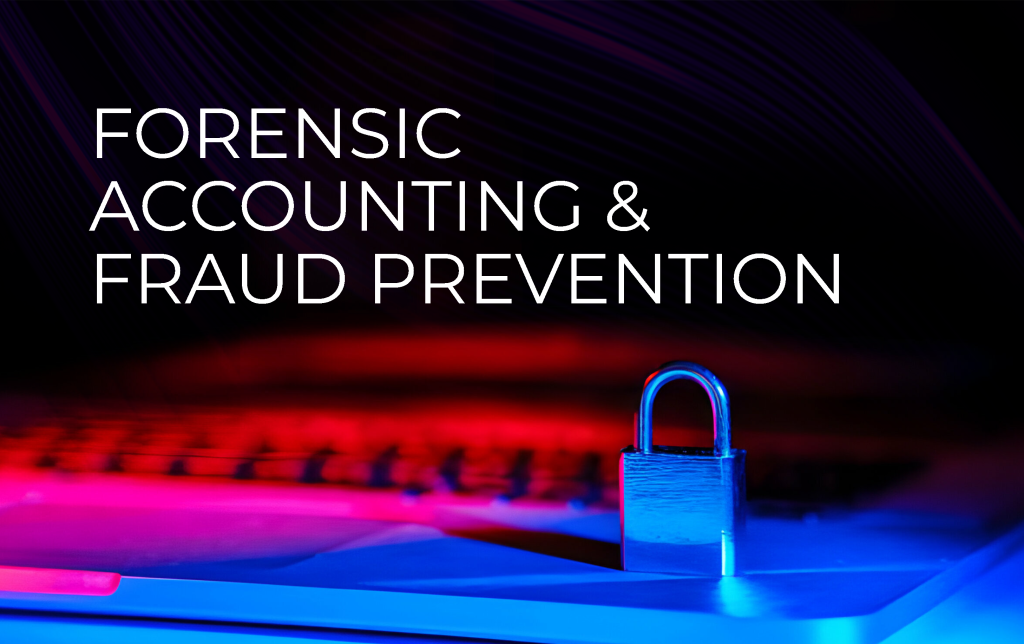

In today’s complex and interconnected business world, financial fraud poses a significant threat to organizations of all sizes. From sophisticated schemes to simple errors, financial malfeasance can erode trust, damage reputations, and cripple businesses. Enter forensic accounting—a specialized field of accounting that helps detect and prevent financial crime.
Forensic accounting is more than just a traditional accounting approach. It’s a proactive and investigative discipline that employs various methods to uncover financial irregularities, identify patterns of fraud, and ultimately protect organizations from significant financial losses. Forensic accountants act as detectives, examining financial documents, interviewing employees, and tracing transactions to unearth fraudulent activities.
The core principle behind forensic accounting lies in the meticulous analysis of financial data. This involves reviewing financial statements, bank records, and other relevant documents to uncover inconsistencies or unusual transactions. Forensic accountants look for patterns—recurring discrepancies, sudden increases in spending, or unexplained transfers of funds—that could signal potential fraud.
One key area where forensic accounting excels is in detecting accounting fraud. This type of fraud can range from the manipulation of financial statements to the misappropriation of funds. Forensic accountants use their expertise to uncover these irregularities, identify the individuals involved, and advise on appropriate measures to mitigate the impact.
Preventing fraud is just as crucial as detecting it. Forensic accountants can help organizations strengthen their internal controls and implement procedures that deter fraudulent activities. This includes assessing existing internal controls, identifying weaknesses, and recommending improvements that can significantly reduce the risk of fraud.
The role of forensic accounting extends beyond the detection and prevention of fraud. Forensic accountants also provide expert testimony in court cases related to financial disputes and litigation. Their analysis and findings can be instrumental in legal proceedings, providing objective evidence of financial irregularities.
In today’s business landscape, the use of advanced technologies is paramount for forensic accounting. Sophisticated software and data analytics tools allow forensic accountants to efficiently analyze vast datasets and identify hidden patterns or anomalies that might go unnoticed with traditional methods. Data analytics significantly enhances the speed and accuracy of investigations, making the process far more effective and timely.
The importance of a forensic accountant’s work shouldn’t be understated. Organizations must recognize that proactive measures to prevent accounting fraud are essential to protect their financial health and reputation. An effective forensic accounting department can act as a safeguard against financial crime and help ensure long-term stability and trust.
In conclusion, forensic accounting is an indispensable tool in the fight against financial crime. Its investigative prowess, combined with advanced techniques and expertise, allows organizations to detect and prevent fraud, protect their assets, and maintain ethical standards. Forensic accountants play a critical role in upholding financial integrity and trust in the business world.
In a nutshell, a strong grasp of accounting principles is foundational to the practice of forensic accounting. Understanding the intricacies of Generally Accepted Accounting Principles (GAAP) and International Financial Reporting Standards (IFRS) is critical for evaluating financial records and identifying discrepancies that might indicate fraudulent activities.
Forensic accounting plays a crucial role in safeguarding financial stability and trust in today’s business world. By investigating potential fraud, identifying weaknesses, and implementing preventative measures, forensic accountants help organizations maintain ethical standards and protect their financial health.